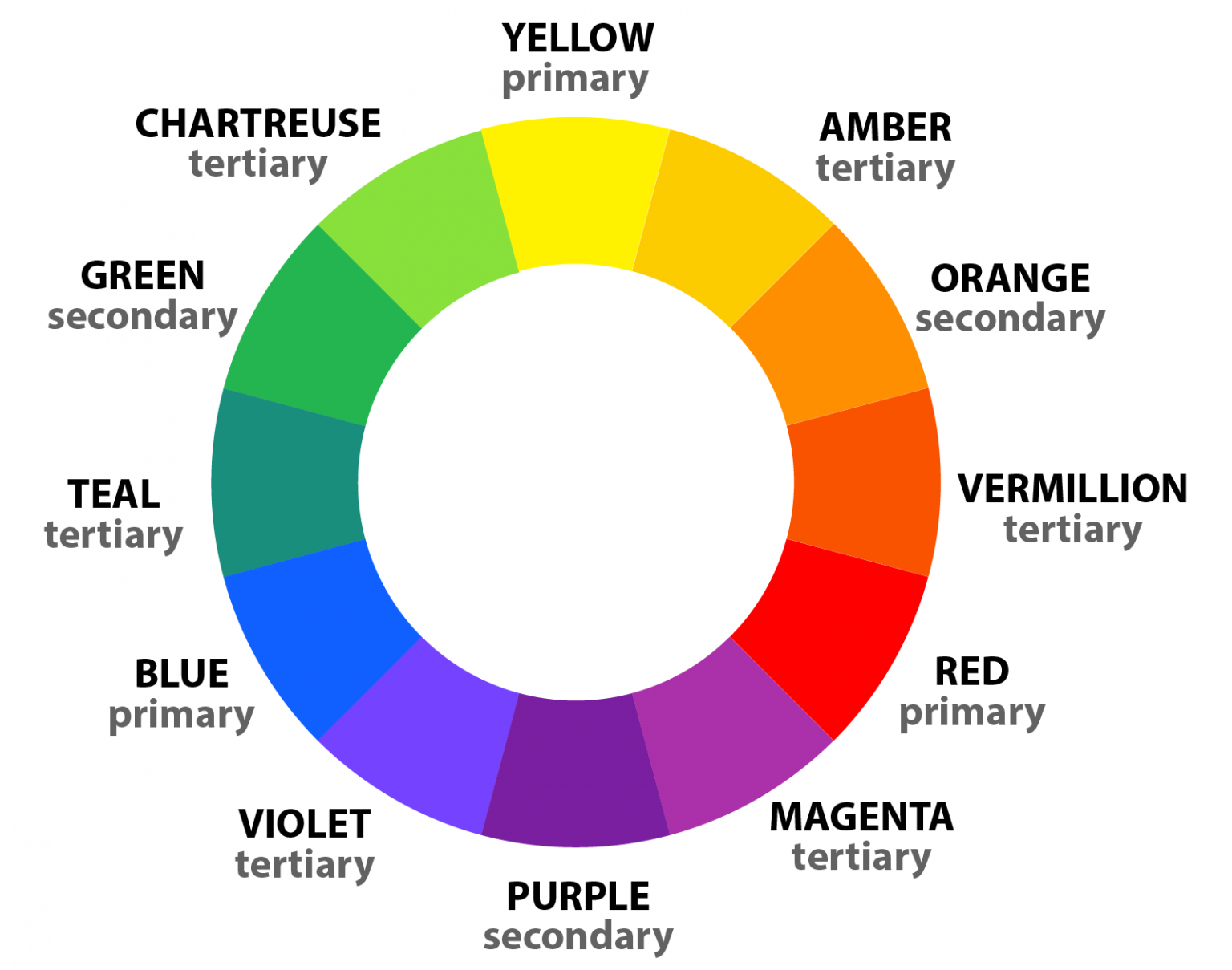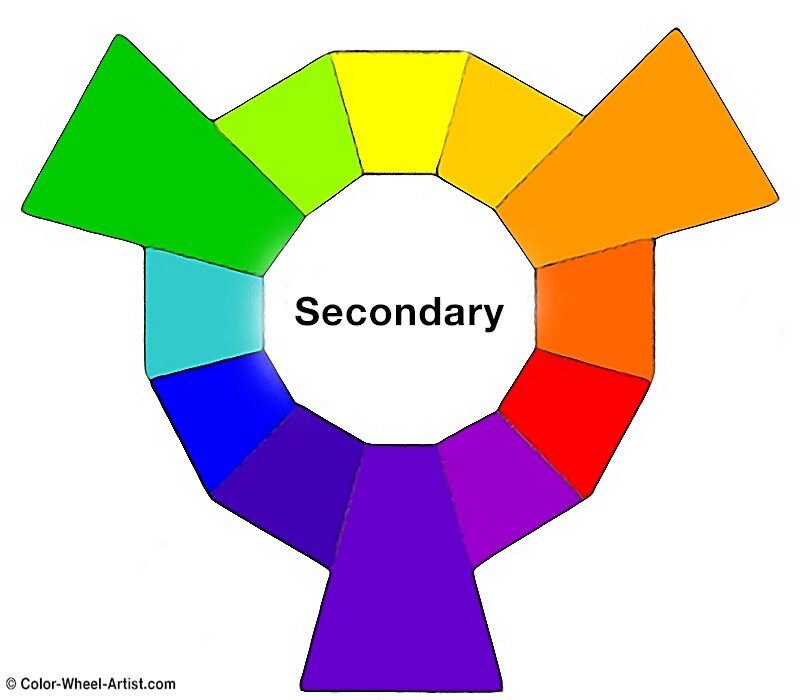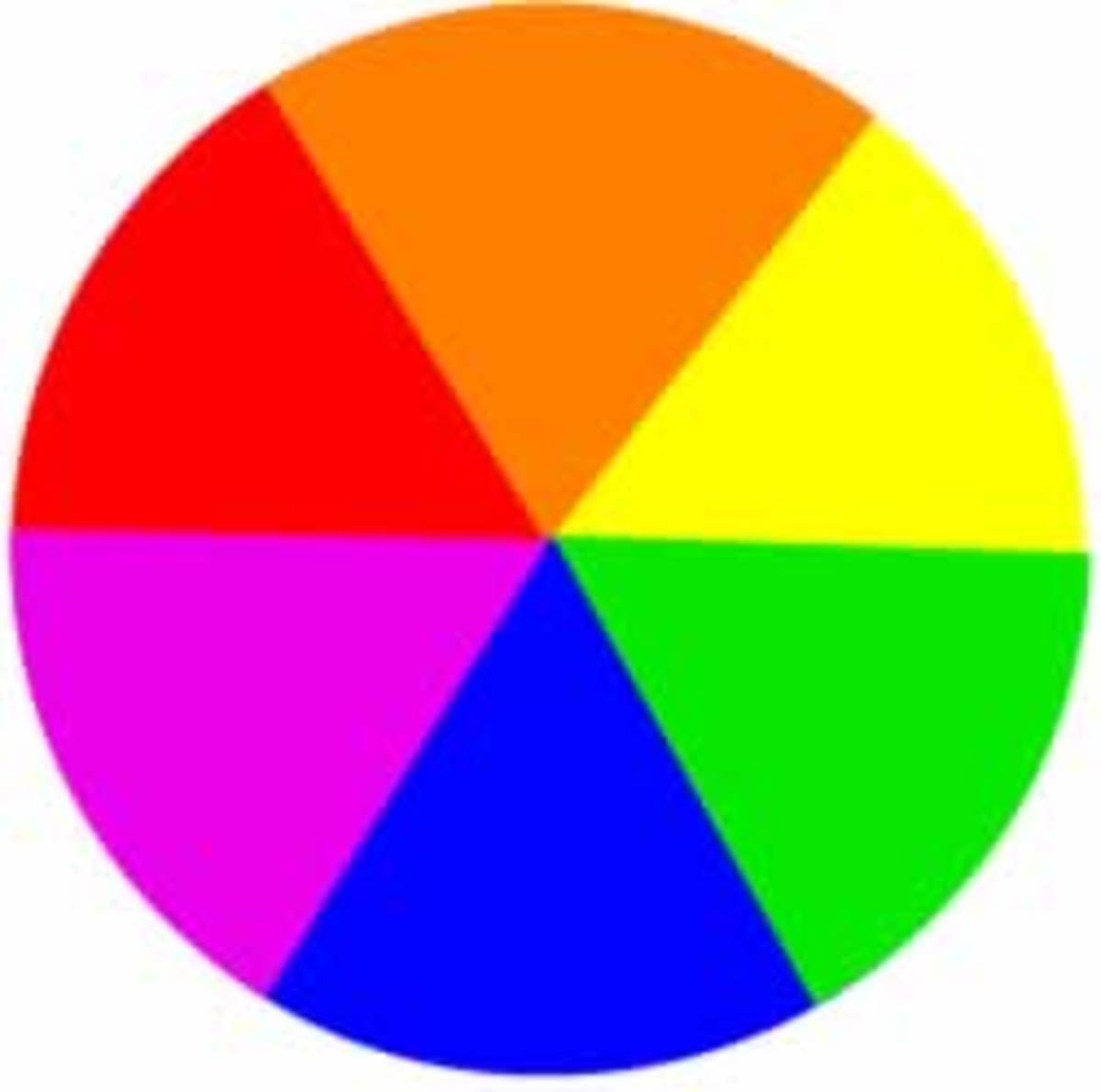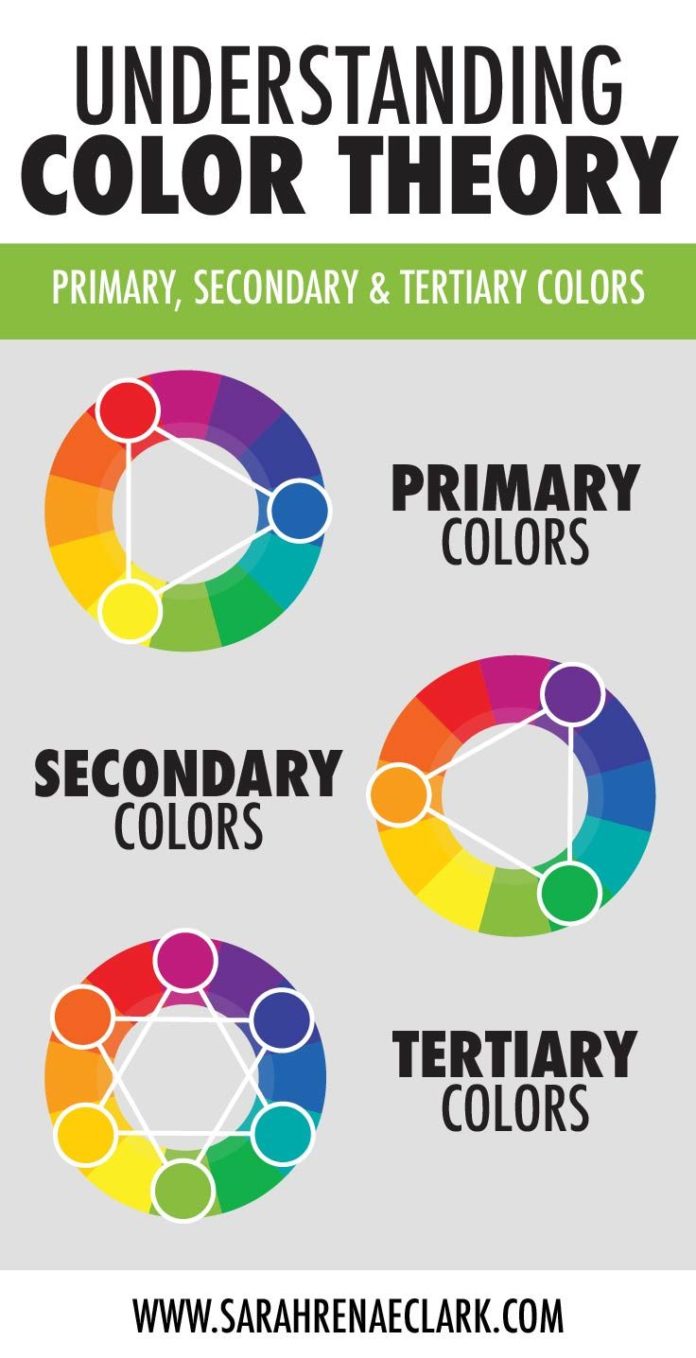
What Are The Primary And Secondary Colors? Basics Of Color
There are three commonly used primary colour models: RGB (red, green, and blue), CMY (cyan, magenta, and yellow ), and RYB (red, yellow, and blue). The colour variations between the models are due to the differences between additive and subtractive colour mixing. Additive colour mixing

DIgenY Design Basics Color Theory
Three Primary Colors (Ps): Red, Yellow, Blue Three Secondary Colors (S') : Orange, Green, Violet Six Tertiary Colors (Ts) : Red-Orange, Yellow-Orange, Yellow-Green, Blue-Green, Blue-Violet, Red-Violet, which are formed by mixing a primary with a secondary

Primary and secondary color wheel skinbda
Primary Colors Secondary Colors Tertiary Colors Primary Colors Primary colors are the building blocks of all the other colors on the spectrum.

Learning to See, Part IV
Primary colors: The building blocks from which all other colors are derived. Also known as basic colors, as they can't be recreated by color mixing, traditional art and color theory accept RYB as the primary colors. As humans are trichromatic, RYB is fundamental to see the color spectrum of our world. Secondary colors:

Primary, Secondary & Tertiary Colors
Primary, secondary and tertiary colors. There are 12 main colors on the color wheel. In the RGB color wheel, these hues are red, orange, yellow, chartreuse green, green, spring green, cyan, azure, blue, violet, magenta and rose. The color wheel can be divided into primary, secondary and tertiary colors.

What Are Primary, Secondary and Tertiary Colors? Color Meanings
Primary Colors are Called That for a Reason First and foremost, the Primary Colors, are at the top of any color structure. That's because you can think of the three Primaries as the original parents of all the generations of colors. In Theory, Primary Colors are the root of every other color.

Primary Colours and Secondary Colours of Light Light, Colour and Sight Science YouTube
Learn about the primary and secondary colors and how they are made. The color wheel is also explained. This is Color theory 101.Teaching Materials:View my Te.

Primary Colors, Secondary Colors, Tertiary Colors What's the Difference? Find out at Color
Primary Colors If you've taken an art class in school, then you probably recognize that primary colors are your building blocks, so to speak. They're the parents for the other colors on the color wheel, and these colors are the following when using the RYB model: red , yellow, and blue.

Mrs. Zink's Art Blog
Primary colors sit opposite each other. Secondary colors are between the primaries. Tertiary colors fill in the gaps. Complementary colors sit directly across from each other. These pairings create high contrast and vibrancy. Some examples of complements are red & green, purple & yellow, blue & orange.

Rainbow Primary & Secondary Colours P, S, T colours Pinterest Secondary color
The basic colors of pigments: primary cyan, magenta, and yellow, blended to form secondary red, green, and blue. A secondary color is a color made by mixing of two primary colors in a given color space . Additive secondaries Light (RGB) For the human eye, good primary colors of light are red, green, and blue.

Color Wheel, Primary, Secondary & Tertiary Colors. Primary Secondary Tertiary Colors, Three
Primary, Secondary And Tertiary Colors in Color theory is a practical combination of art and science that's used to determine what colors look good together. In this article we will discuss about queries like What are Primary, Secondary, Tertiary, and Complementary Colors? Types and How are they made.

Learning about primary colours Kidspot
4. The primary colors are called primary because there's no way to create those colors from mixing other colors. Secondary colors are created from the mixing of the primary. Red + Blue = purple. But Purple + green != blue. As for how to use them, this is something google can easily help with.

a color wheel with the words primary and secondary colors in red, yellow, and blue
According to the traditional colour wheel, red and yellow make orange, red and blue make purple and blue and yellow make green. If using an RGB colour wheel, there's another set of secondary colours called additives: blue and green produce cyan, blue and red make magenta and blue and yellow will make green.

Guide to Color Psychology In Marketing + Best Hex Chart
Secondary Colors. Secondary colors are made by mixing equal parts of two primary colors. They're called secondary colors because they're more closely related to the primary colors than any other set of colors - they're derived directly and exclusively from the primary colors. Beyond that, secondary colors are easy to find on the color.

Primary and Secondary Colours and How To Use Them HubPages
The three true primary colors are Red, Yellow and Blue. These are not formed by mixing any colors. In fact, they help make secondary colors. What are the three secondary colors? The three.

Psychology Learn about the color wheel, primary colors, secondary colors, tertiary colors a
Colors - Primary Colors and Secondary Colors video for kids gives the names of colors and the list of primary and secondary colors. It also says how secondar.